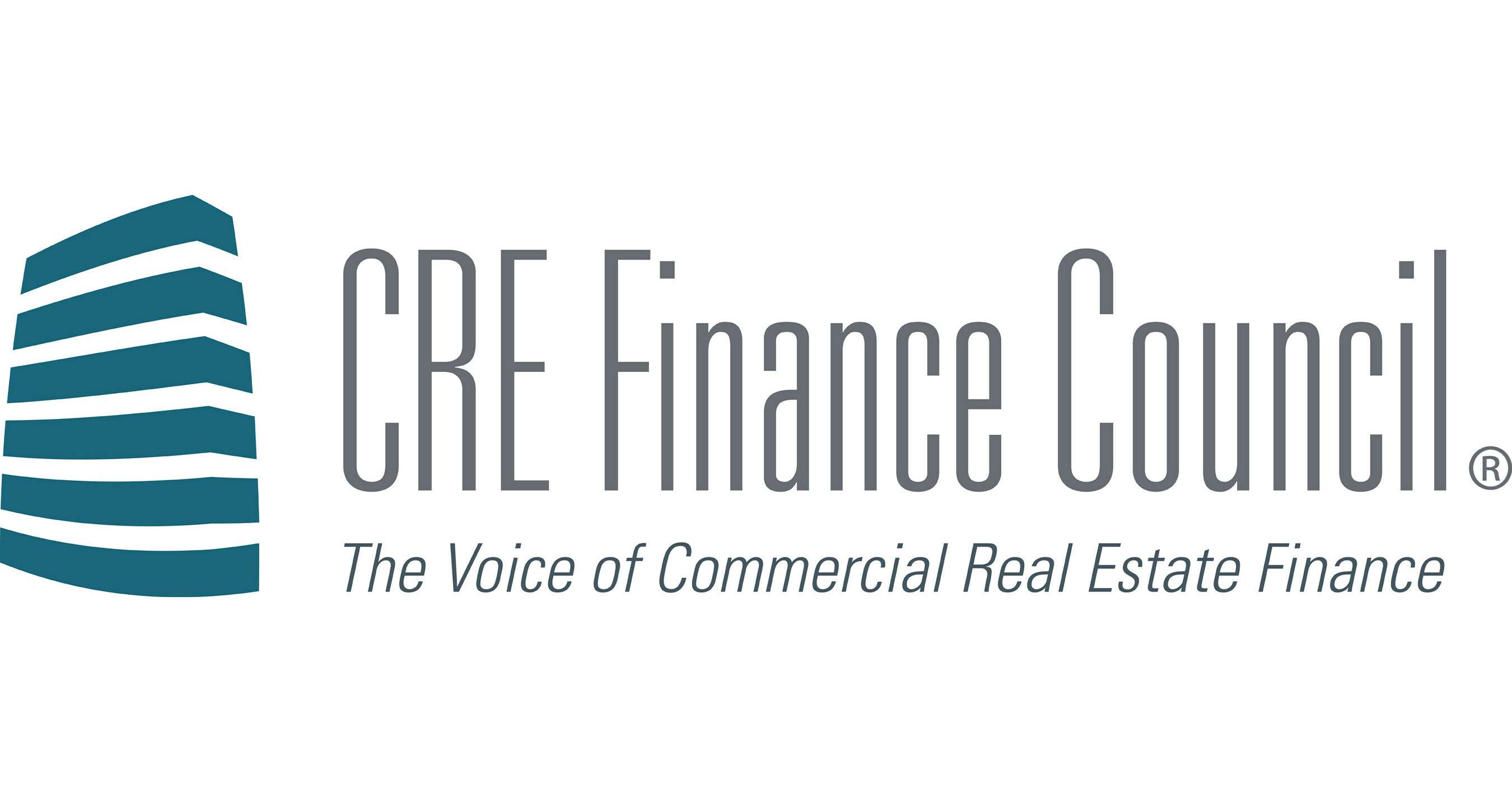A
new initiative aims to promote low-carbon steel in China's real estate sector, co-convened by ULI Greenprint, the World Steel Association, and the China Iron and Steel Association. This collaboration brings together major real estate developers and steel manufacturers to drive the transition to low-carbon steel production, reducing emissions in Mainland China and Hong Kong. As the world's largest steel producer and consumer, China plays a pivotal role in global efforts to combat climate change.
The initiative focuses on driving demand for low-carbon steel through the real estate industry, which consumes about 30% of China's steel production. By doing so, it can catalyze transformative change across the entire steel value chain. This effort will have far-reaching implications globally, as improvements in steel production in China will affect global supply chains and set new benchmarks for the industry.
The transition to low-carbon steel production presents significant challenges, including the reliance on carbon-intensive blast furnace-basic oxygen furnace technology. However, this challenge is driving technological innovation, with several Chinese steelmakers investing in low-carbon technologies such as Electric Arc Furnace and hydrogen-based projects.
To overcome these challenges and unlock opportunities, collaboration throughout the supply chain is necessary to address cost issues and standardize procurement, carbon accounting, and disclosure processes. ULI's Greenprint platform is uniquely positioned to lead this initiative, facilitating dialogue and collaboration along the entire steel supply chain for real estate.
The Low-Carbon Steel for Real Estate Joint Statement aims to initiate a clear demand signal for low-carbon steel in China's real estate sector. By signing the joint statement, companies commit to improving disclosure and transparency of carbon emissions data, incorporating low-carbon steel options into procurement processes, and promoting standards for low-carbon steel.
Real estate professionals outside China can learn from this initiative, highlighting the growing importance of considering embodied carbon in construction materials and the power of industry collaboration in driving sustainability efforts. The lessons learned and best practices developed through this initiative can inform similar efforts elsewhere.














